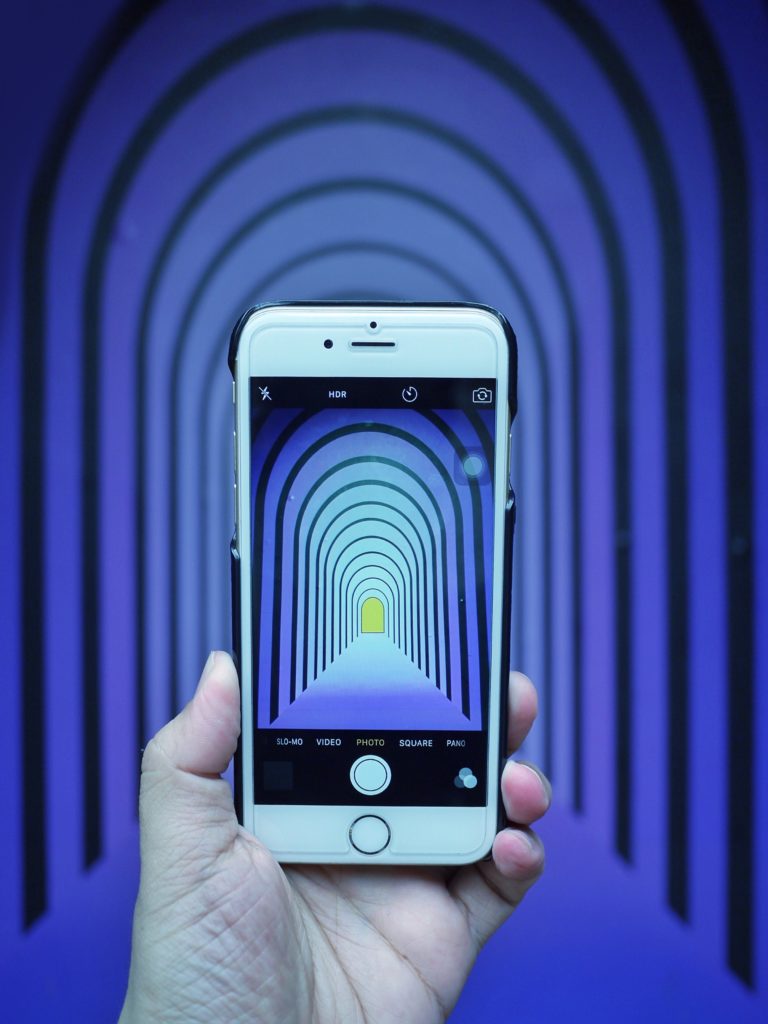It is widely discussed and accepted in this era that, just over 10 years after the first iPhone was created, Smartphones have majorly impacted the way that we think, relate, grow, and engage with the world. In Real Estate, we have easy sight of the benefits- quick responses, organization, capacity, and information. What many of us ignore is the abundant negative impacts: the proven negative impact on memory, focus, emotional stability, innovative thinking. I believe we all feel this erosion of human wellness with the 4-8 hours we spend on our smartphones every day, and yet we keep doing it. As stated by Jane Brody of the New York Times, “The only difference between smartphone addiction and any other is that it’s socially accepted. But that doesn’t mean it’s not detrimental.“
I’m there too. I have 58 apps on my phone, and my phone is within reach 24 hours a day- even when I sleep, or when I’m out in the wilderness.
In Real Estate, there is extra justification for this compulsive checking of our phones. we’ve created a culture of instant gratification- our leads need to be responded to in 5 minutes, our clients need to be texted back right away, the more presence we have on social media the better brand we will have. But is that our job? To respond? The thing is, good ideas come in moments of downtime, strong research happens with focused attention, taking the high road in negotiation depends on personal strength and nuanced understanding of what’s happening with those involved in our negotiations. And the research shows that checking your phone an average of once every 6 minutes seriously disrupts your ability to do this.
So today, I would just like to remind you that you have a choice.
If the way you use tech isn’t working, you can redesign your boundaries with it based on discerning what about it makes your life better, and what makes it worse. Create precedents with clients, friends, and family about how and when you will respond, create different systems for connecting with leads, and start to build new habits around how and why you’re checking that smartphone.
Building new habits might come from small changes: not having your phone with you during meals or meetings, or putting it in airplane mode while you’re focusing on important work.
It might also come from reflecting on what you’re pushing away when you impulsively pick up your phone- perhaps the intentional pushing away of emotions like boredom or loneliness, or perhaps the accidental pushing away of things like people, or big ideas.
Other Resouces:
CALM by Dr. Alter, author of Irresistable: Why we can’t stop Checking, Scrolling, Clicking, and Watching
https://dochub.com/alicalladinefc7ccbbb/mv4X6x/calm
Jane Brody, New York Times
https://www.nytimes.com/2017/01/09/well/live/hooked-on-our-smartphones.html

